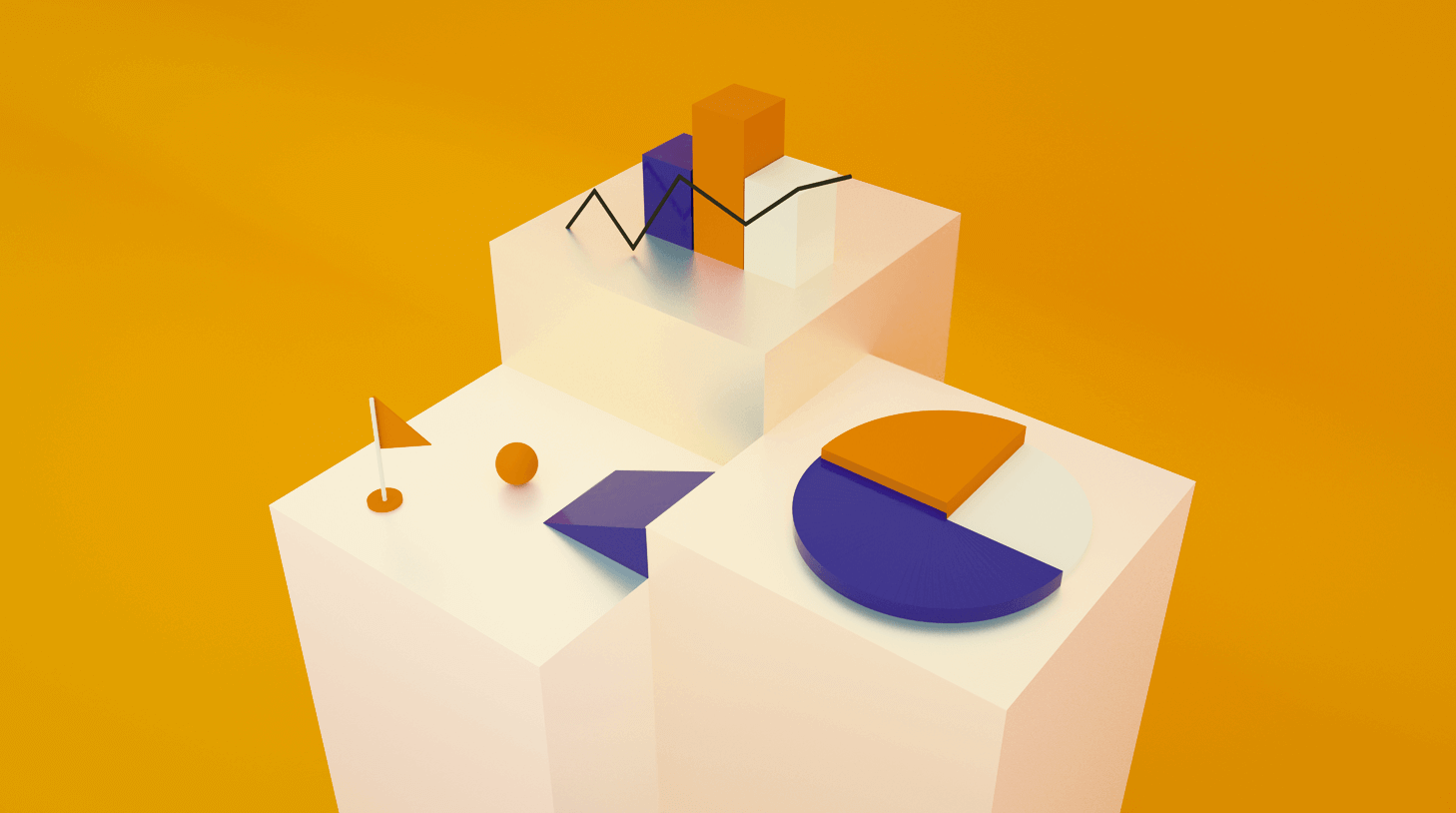The rise of the digital humanist: AI at work to stay
Workable's AI in Hiring & Work survey concludes by predicting the rise of the digital humanist; a symbiotic mesh between artificial intelligence and human intuition at work. This is an excerpt from our AI in Hiring and Work survey report, based on responses from 950 hiring managers in the US and UK. Visit here to download the report in full.

Since the 19th century, we’ve seen a number of large-scale foundational shifts in how we carry out our work and how the surrounding economy operates as a result.
The Industrial Revolution, of course, is an early example – it marks a profound transformation from agrarian, handcraft economies to machine-driven manufacturing.
Enter mechanization of processes, factories, mass production – and ultimately, a workforce skilled in machine operation and maintenance and technical skills, as opposed to artisanal and agricultural work.
Much later, we saw the widespread adoption of computers and the advent of the Internet leading to increased digital transformation of work – allowing for greater automation of basic tasks and especially the development of entirely new industries (SaaS, especially).
Hiring also changed with the entry of the Internet – in tandem with an increased demand for a computer-literate workforce is the emergence of online job postings, digital resumes, tests in the cloud, and virtual interviews, among others.
More recently, the COVID-19 pandemic accelerated another paradigmatic shift in the workplace to greater flexibility in work, a booming gig economy, and adoption of new principles. This is something we’ve discussed at length in our workplace studies on the New World of Work (2020 and 2022) and on the Great Discontent (2021 and 2023).
The hiring process was also altered significantly in the fallout of COVID-19, with recruitment going global and a greater emphasis on self-management and agility skills. The traditional employer-employee relationship also shifted, with more people working as independent contractors on a project basis.
AI is just the latest workplace transformation
And now, of course, we have AI in hiring and the workplace. Our survey dataset shows continued disruption of existing working models now and in the future – meaning we’re in the midst of yet another workplace transformation.
In hiring, AI’s role will evolve from being a mere tool for efficiency to a more complex system that enhances decision-making and strategic planning. As AI technologies become more sophisticated, they may offer deeper insights into candidate assessment, going beyond resume screening to analyzing behavioral patterns, cultural fit, long-term potential, and other insights.
This evolution will necessitate a shift in HR roles, where professionals will need to be as adept in utilizing AI technologies as they are in traditional recruitment methods.
The rise of the digital humanist
Another nuanced shift in hiring will be the continued emergence of hybrid decision-making models. These models will blend AI’s analytical prowess with human intuition and emotional intelligence.
We discussed above the importance of this in addressing concerns around bias – as AI systems learn from historical data, there’s a risk of perpetuating existing biases. Human oversight will be essential to counteract this to maintain DEI standards not only in hiring but in the workplace.
AI technology will also penetrate focal areas of HR beyond hiring, including employee engagement, performance management, and even employee mobility, retention, and turnover. The tech can only grow the ability to take proactive approaches in all these areas
Meanwhile, with routine tasks largely dominated by automated AI capabilities, the skillset required for various roles will shift (or even evolve), emphasizing creativity, problem-solving, and emotional intelligence. This means rethinking training and development, focusing on upskilling existing employees and onboarding new hires to thrive in a more AI-integrated workplace.
The path ahead of us isn’t about a choice between human-driven and AI-driven work. It’s about pulling the best of both into a single, synergized system. Those who blend the irreplaceable (or rather, irreplicable) human elements with the limitless capabilities of artificial intelligence will spearhead the development of a new ecosystem where technology and humanity can thrive together.
Frequently asked questions
- How has AI impacted hiring practices?
- AI streamlines recruitment by automating resume screening, analyzing behavioral patterns, and providing deeper candidate insights. Nearly 79% of survey respondents foresee increased AI use, enhancing strategic decision-making and optimizing the global hiring process.
- What role will human intuition play in AI-driven recruitment?
- While AI's analytical capabilities are valuable, human intuition ensures hiring aligns with DEI standards and avoids biases. A balanced blend of AI insights and human judgment is crucial for holistic decision-making.
- How does AI affect HR beyond recruitment?
- AI enhances employee engagement, performance management, and retention by providing predictive analytics, optimizing onboarding, and enabling proactive HR strategies that align talent management with business goals.
- What skills will be in demand due to AI in the workplace?
- With routine tasks automated, creativity, problem-solving, and emotional intelligence become essential. Training and development will focus on upskilling employees for an AI-integrated workplace.
- How can companies integrate AI successfully into their workforce strategies?
- Organizations should blend AI’s analytical strengths with irreplaceable human elements. A synergized system that leverages both will enable proactive talent management, ensuring businesses thrive in the evolving ecosystem.




